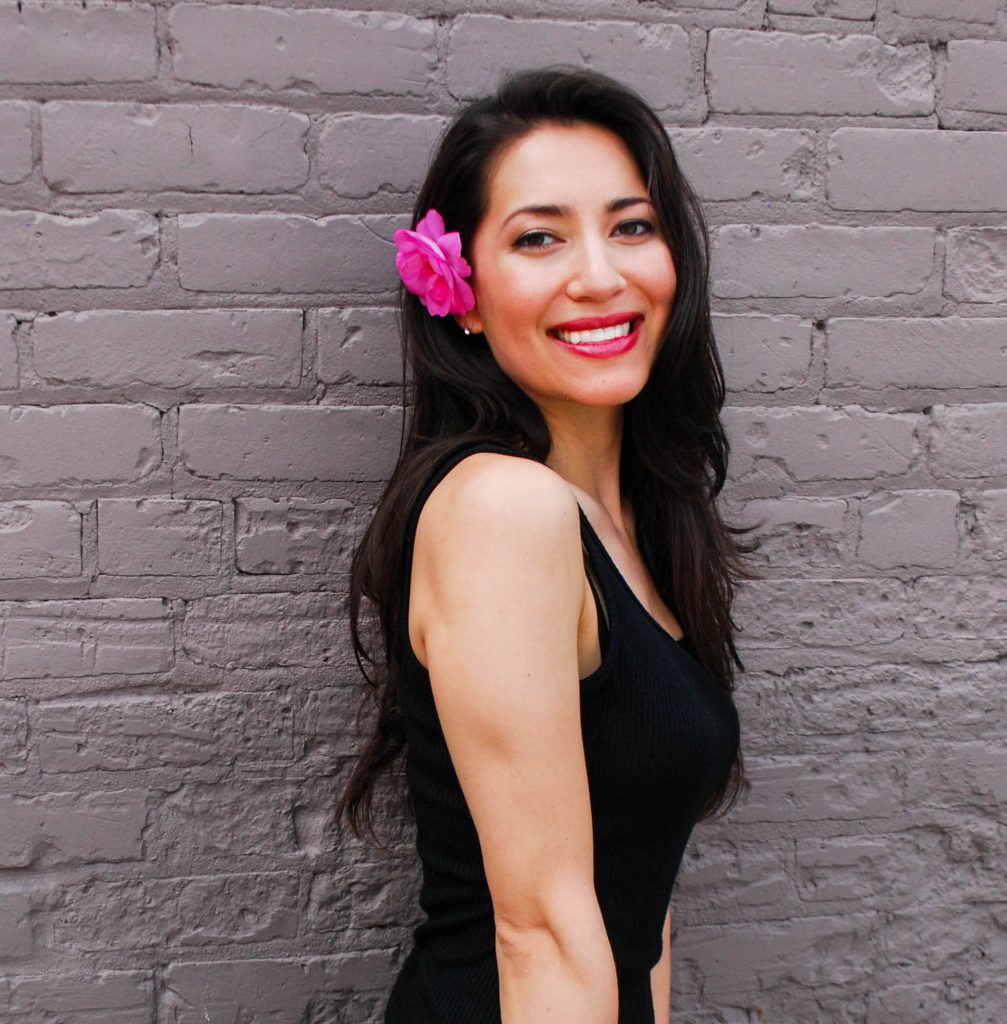
As introverts, many of us struggle with setting boundaries in a way that feels natural and respectful. We don’t always speak up when something bothers us. Instead, we stay silent, push our needs aside, and try to avoid conflict at all costs.
We let things build quietly in the background. The stress piles up. The resentment simmers just beneath the surface. And eventually, something small pushes us over the edge.
That’s when one of two things tends to happen. We either implode, stewing in anxiety and frustration, replaying imaginary arguments in our heads. Or we explode, but not in a direct way. We send an abrupt email. We ghost someone. We make a sharp comment we regret almost instantly.
It might not be dramatic or messy on the outside, but inside, we’re exhausted and overwhelmed.
A Weird Story About Setting Boundaries
It reminds me of something that happened during a visit to a friend’s place in Montreal. One morning, I woke up to a surprise in my duffle bag: cat poop.
Apparently, my friend’s cat had a habit of pooping by the front door whenever his litter box wasn’t cleaned to his satisfaction. As I scrubbed and disinfected like my life depended on it, I couldn’t help but laugh.
Because honestly, that’s one way to set a boundary.
And it got me thinking…As introverts, we can sometimes resort to our own version of this. Maybe not as messy, but definitely just as passive-aggressive. We stay silent. We stew. We let things build—until we’re at our breaking point. This begs the questions: how can we set healthy boundaries before we get to that point?

Boundaries Don’t Happen By Accident
Having healthy boundaries doesn’t just happen. And getting other people to respect them is never guaranteed.
But it becomes a lot easier when you follow a few key steps. These are the same tools I teach my coaching clients. They’ve helped introverts gain clarity, communicate their needs with confidence, and feel more emotionally grounded in relationships and everyday life.
I call them the “inevitable respect” steps. They create a kind of internal structure that makes it easier to say no and protect your energy without guilt.
Once you put them into practice, people start to notice something different about you. You seem more calm, clear, and confident. And those who don’t respect your boundaries tend to drift away naturally. This is a relief for introverts since we have limited energy. We don’t want to waste it on people and activities that drain us.
Step 1: Understand Your Boundaries
Start by getting clear on what your boundaries actually are.
Think of a time when someone offended or disrespected you. What need of yours wasn’t being met? What would you want to do differently next time?
Then, define your boundaries in specific terms. Try finishing these sentences with at least five examples each:
- People may not… (for example: take their anger out on me)
- I have the right to… (for example: ask for alone time without having to explain myself)
- To protect my energy, I give myself permission to… (for example: leave social events early)
The more specific you are, the easier it is to recognize when a boundary is being crossed. And respond with clarity instead of panic.
One of my boundaries is that people may not constantly interrupt me. When someone cuts me off repeatedly, I give myself permission to express my need to feel heard (tips on how to do this to come).
Step 2: Communicate Early and Clearly
Boundaries are easiest to communicate when you’re calm. That’s why it’s important to speak up early, before your frustration reaches a boiling point.
If alone time is non-negotiable, say so. If something made you uncomfortable, mention it before it festers. Being clear doesn’t make you high-maintenance. It makes you trustworthy.
When you communicate your boundaries with kindness and honesty, you’re not creating conflict. You’re actually preventing it.
For example, in the past, when I dealt with chronic interrupters, I would often wait months—sometimes years—before saying anything. If I said something at all. But I’ve learned that speaking up earlier allows me to express the boundary calmly and casually, without resentment. Now I might say, “I’m not sure if I’ve mentioned this before, but it actually throws me off when I get interrupted.”
Step 3: Respect Your Own Boundaries
People tend to follow your lead. If you ignore your own limits, others will too.
Respecting your boundaries means being consistent. If you say you need downtime, follow through. If you ask someone not to text you after 10 PM and they do, don’t respond right away. Teach people how to treat you by honoring your own needs first.
Over time, this consistency builds trust, both with yourself and with others.
A Script That Makes Boundary-Setting Easier
If the idea of setting boundaries still makes you feel anxious, try using this simple communication formula. I share this with my clients because it works in all kinds of situations—from relationships to work to family dynamics.
The formula is:
Feeling + Want + Don’t Want + Question
Let’s say your partner didn’t do the dishes again. You could say:
“I feel overwhelmed by the pile of dirty dishes. I want to relax in a clean, peaceful home. I don’t want to carry the burden of chores on my own. What do you think?”
This approach works because you’re expressing your needs without blaming or controlling the other person. You’re inviting a conversation instead of demanding a specific outcome. And that builds connection, not conflict.
You Deserve to Be Treated Well
When you follow these steps, respect becomes your new normal.
You stop second-guessing yourself. You stop walking on eggshells. And you start to believe, deep down, that you deserve to be treated well—especially by yourself.
If you’re ready to feel more confident, grounded and respected in your everyday life, I’d love to help.
This is exactly what we work on in my 1:1 introvert confidence coaching. Together, we build the inner and outer tools you need to speak up, trust yourself, and set boundaries that actually stick.
Explore 1:1 confidence coaching and let’s make sure your boundaries stay clear… and cat-poop-free.
Xo,
Michaela











